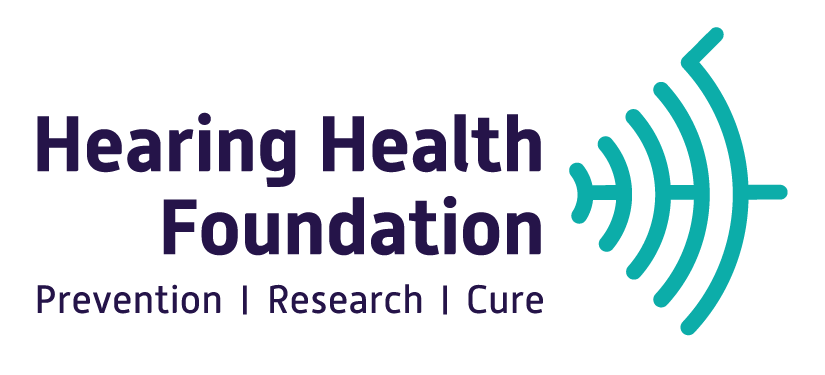Andrew A. McCall, M.D.
Meet the Researcher
Andrew McCall, M.D. received his M.D. from the University of California, Los Angeles where he went on to complete residency training in Otolaryngology. McCall’s sub-specialty training in Neurotology was completed at the Massachusetts Eye and Ear Infirmary, Harvard Medical School. McCall is an Assistant Professor in the Department of Otolaryngology at the University of Pittsburgh Medical Center where he provides clinical care for patients with otologic and neurotologic conditions, performs vestibular physiology research, and teaches.
The Research
University of Pittsburgh
The Influence of Dynamic Limb Movement on Activity within the Vestibular Nuclei: the Role of the Cerebellum
Balance is inherently a multi-modal sense. To maintain balance in upright stance or during walking, input from several modalities – namely the vestibular system (from the inner ear), proprioceptive system (from muscles and joints), and visual system – must be interpreted by the central nervous system and synthesized to understand body position in space relative to gravity. Our goal is to investigate how vestibular and limb proprioceptive inputs interact in the central nervous system, with a particular focus on the brainstem and cerebellum as these are key sites of multisensory processing of balance input. We anticipate that the results of these studies will have important implications for the understanding of multi-sensory processing within central vestibular pathways and for the clinical treatment of humans with vestibular disorders.
Research area: Vestibular and Balance Disorders; Vestibular Physiology
Long-term goal of research: To elucidate the physiologic pathways responsible for integrating vestibular and proprioceptive information and to ultimately develop clinical strategies based upon these physiologic underpinnings to improve the health of humans with vestibular disorders.


